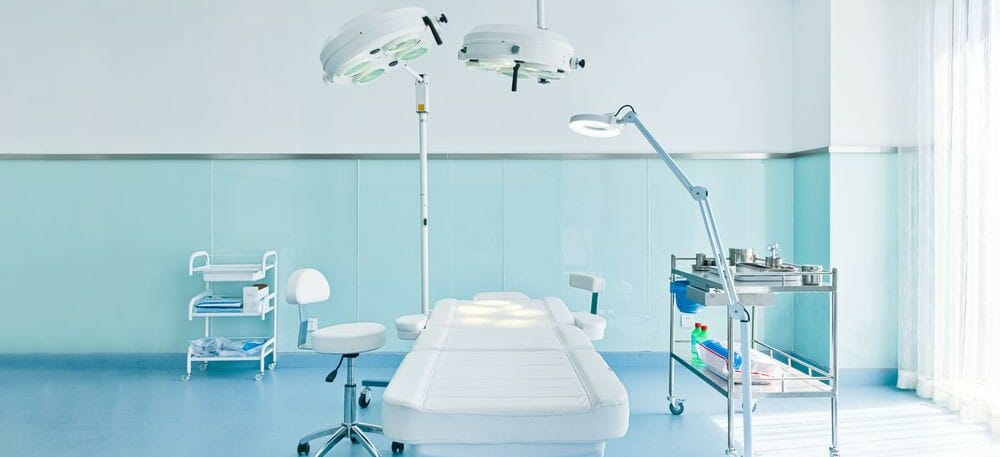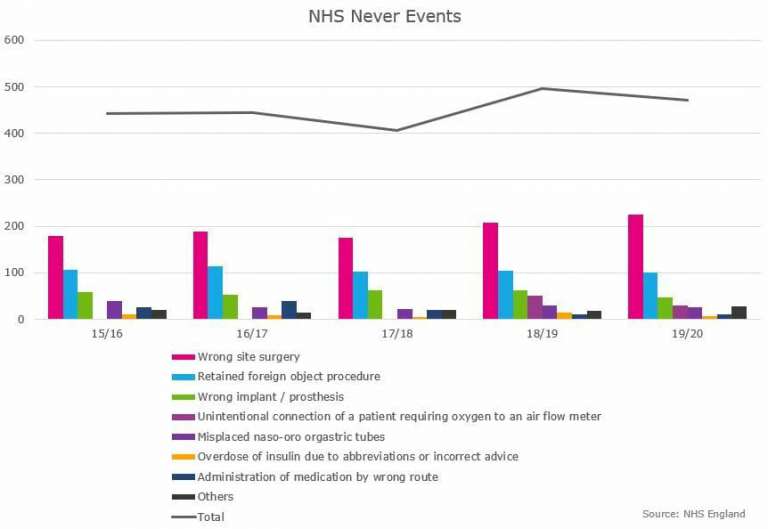In a speech at the West Suffolk Hospital, the new Health Secretary, Matthew Hancock, has announced his new priorities for the NHS; placing emphasis on health and social care,workforce, technology, and prevention.
He said; “My commitment to the health service and the fundamental principles that underpin it is not just professional – it is deeply personal. As your Health and Social Care Secretary – supported by my brilliant ministerial team – I will be guided by these principles in everything that I do, working together to guarantee the NHS’s future.”
He referenced the recent announcement of increased funding for the NHS but said “we must also reduce and tackle waste in the health service, and ensure the NHS focuses on using this new money to work smarter and more effectively.”
Hancock also announced that a ‘comprehensive’ green paper on social care would be released this autumn.
In regard to workforce, Hancock said “I want to ensure training is organised and funded so that everyone can reach their full potential. GPs need more assistance to tackle with their substantial workloads. There is currently a review of GP partnerships ongoing, but I also want to see more training to those pharmacists based in GP surgeries and more staff to support them. I want to support nurses in acute hospitals so they can become advanced nurse practitioners, providing more comprehensive care for patients while freeing up doctors to carry out more of the tasks they trained to do.”
He also placed an emphasis in changing the ‘culture’ in the health and care system, and a need for better leadership training.
He said; “At the moment there are only 5 CEOs from a BAME background. That has to change. I was horrified that in the last staff survey, 12% of staff responding to it felt discriminated against – and that figure rises to 24% for BAME staff.”
He announced an upcoming consultation exercise on workforce issues, which will be run by a panel of clinical and professional advisers from a cross-section of the NHS and social care workforce.
Hancock also talked about using technology to relieve pressure on staff. He said he believed that “properly integrated technology has the power to further enhance safety and improve outcomes for patients”
He referenced some recent technological breakthroughs. For example, an electronic care planning system that has been introduced in some NHS Trusts, a machine that measures blood coagulation at home and emails it to the hospital, an ePrescribing that has halved the preparation time for medication provided to patients when they are discharged, the Scan4Safety barcode tracking that enables staff to track all patients and their treatments, and the switch in some hospitals from pagers to smartphone apps. He emphasised that all of these new systems had reduced hospital admissions, the length of hospital stays, and saved staff valuable time.
He also announced that the Department of Health is currently working with Amazon so that the NHS Choices health information can be tailored for voice activated devices, so that those querying health related issues will receive answers sourced from expert information prepared by the NHS.
Another announcement included a half a billion-pound package to “help jumpstart the rollout of innovative technology aimed at improving care for patients and supporting staff”.
Hancock also talked briefly on the issue of prevention, and his wish to “empower” people to keep themselves health at home, favouring a “holistic” approach of “social prescribing” over more traditional “overprescribed” drugs.





